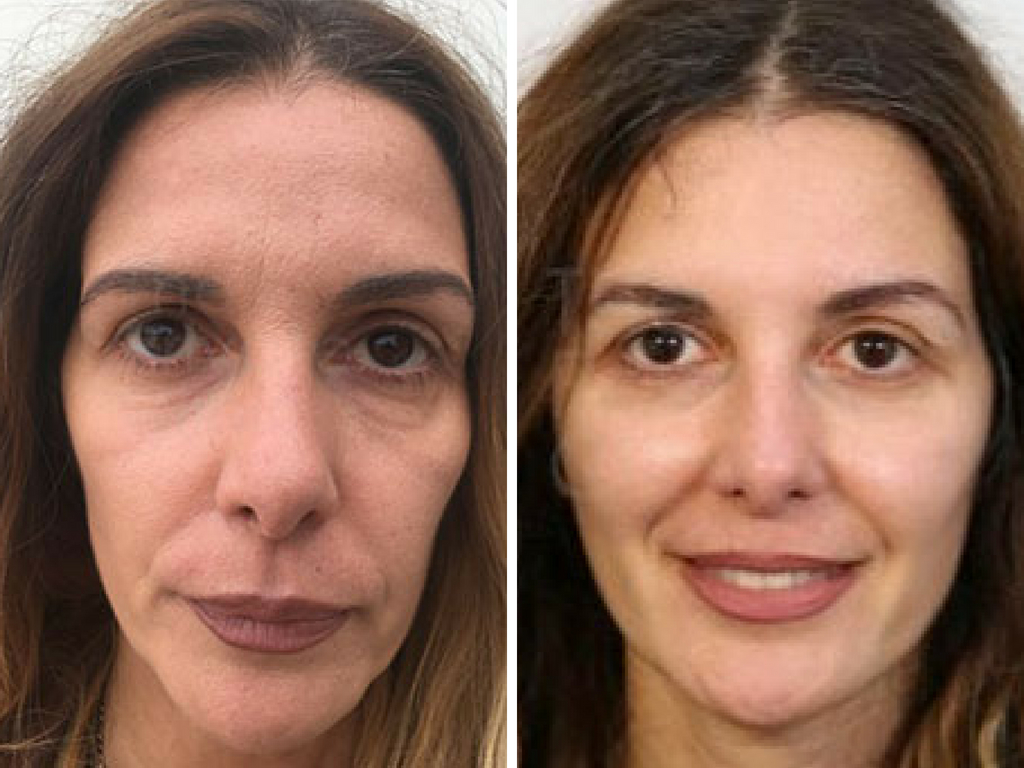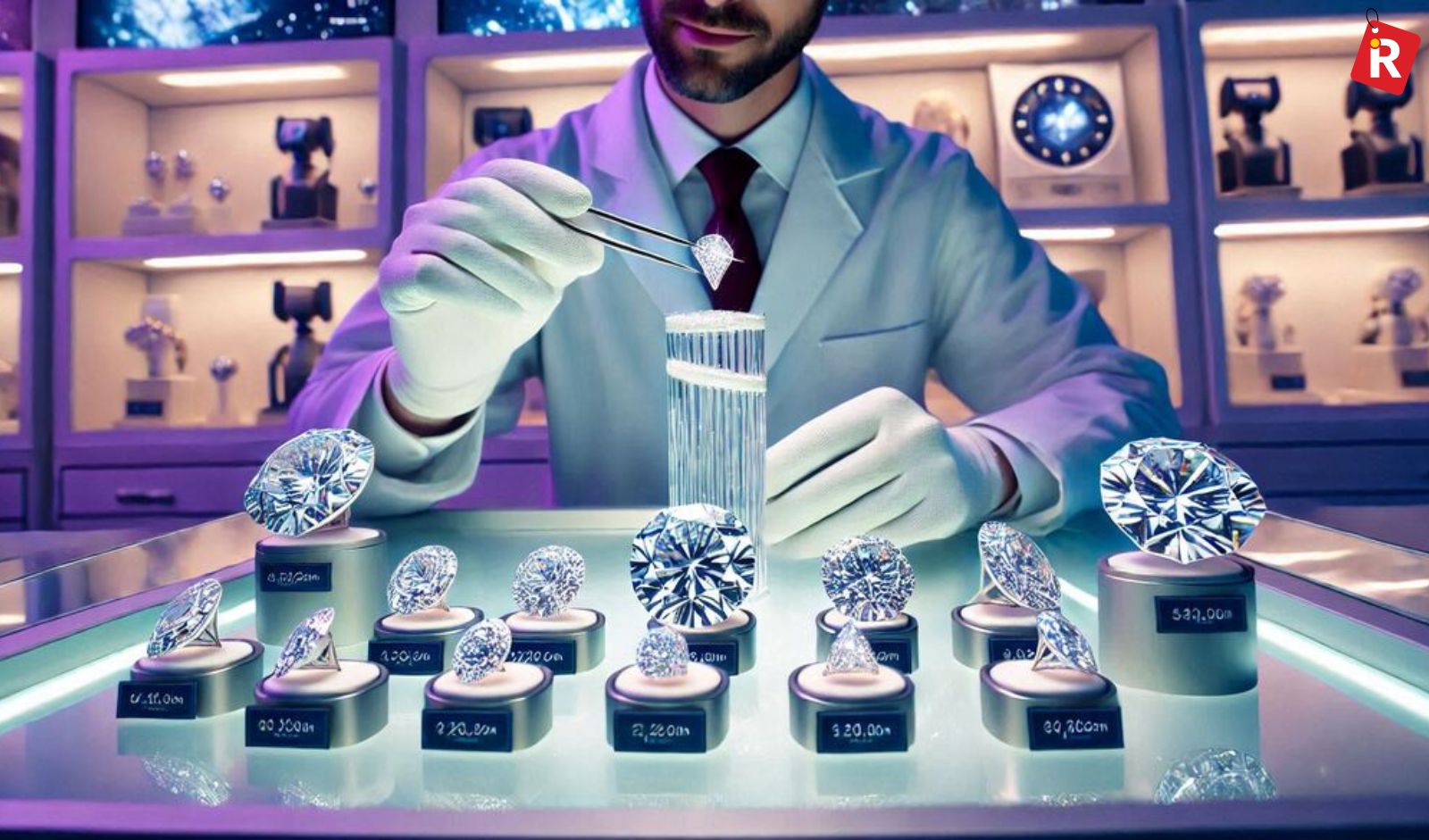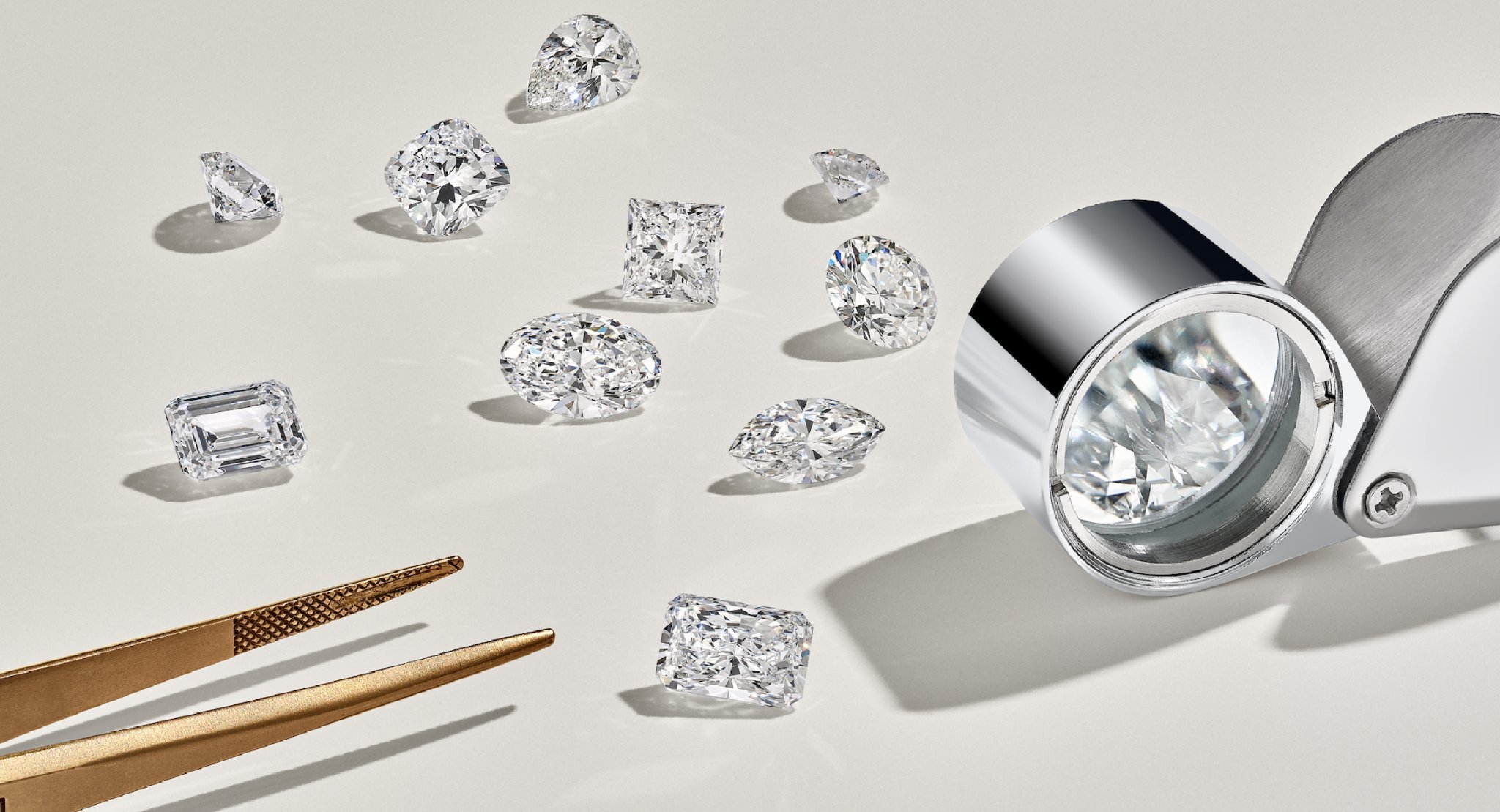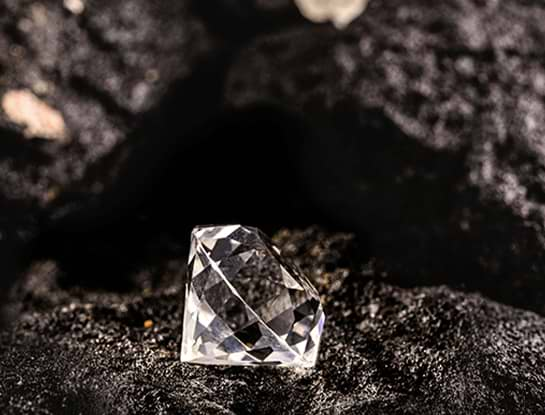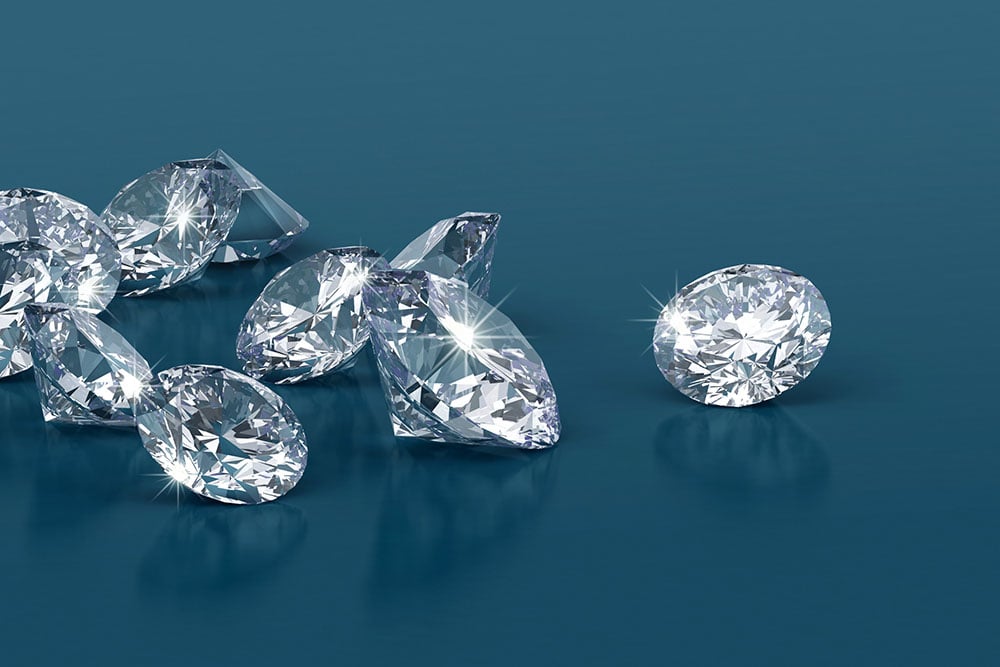 Posted On
Posted On
Lack Of Sunbathes? Five Ways On How To Combat Vitamin D Deficiency
 Posted On
Posted On
Vitamin D is a fat-soluble vitamin and essential nutrient that helps the body absorb calcium from food to sustain healthy bone cells. It also improves the immune system, regulates blood pressure, promotes muscle health, and enhances cell growth. However, nowadays, the deficiency of vitamin D is becoming a global health concern as around a billion people of different age groups are subjected to this particular issue.
Luckily, there are some home remedies and products by which you can conveniently boost your vitamin D levels. If you assume you are low in this essential nutrient, consult your health care provider to get your levels checked. Below, here are four tips on how to reduce the deficiency of vitamin D.
Table of Contents
Spend Time Outside
Vitamin D is commonly known as “the sunshine vitamin” as it is generated in your skin in response to sunlight. Skin includes a type of cholesterol that works as a precursor to vitamin D after exposure to UV-B radiation from the sun.
The effective way to prevent vitamin deficiency is to get adequate sun exposure. However, the amount of vitamin D your organism can produce is based on several factors.
- Skin tone. The darkening pigment melanin is a natural sunscreen that can suppress vitamin D release. Therefore, individuals with darker skin tend to receive less vitamin D and need to spend more time in the sun than those with lighter skin;
- Age. With age, vitamin D generation by skin decreases. Also, the kidney’s ability to convert vitamin D into its active form needed for the body becomes less efficient, which makes an increase in absorption even more essential;
- Overweight & obese individuals. Since vitamin D is fat-soluble, it’s collected in body fat. Higher fat deposit contents limit the production of vitamin D3 from the skin to circulation;
- Living area. If you live in a warm country where the sun always comes out, and you are outside a lot, then your vitamin D levels are likely to be higher than others. At the same time, the further you live from the equator, the less vitamin D you will be able to produce due to the lack of sun exposure;
- Sunscreen. While it is important to protect yourself from skin cancer by avoiding getting too much sun and using sunscreen, a lot of products block sun exposure to the skin, which decreases the absorption and production of vitamin D.
It’s recommended to spend 5-15 minutes if you have a light skin tone, and up to 30 minutes in the sun if you have darker skin without sunscreen twice a week. It might be a quick jog around the block, bicycling, tennis, or just a walk between 11:00 and 15:00 hours. This will help get some of the much-needed sun and add physical activity to promote a healthier and stronger body.
Eat Foods That Contain Vitamin D

Food is a crucial part of your everyday life and can also be a tasty source of vitamin D. Consider your sunshine intake and change your usual nutrition plan with some of these vitamin D-rich foods:
- Fish. Salmon, tuna, trout, mackerel, sardine, and eel can deliver you excellent sources of a vitamin D. In fact, 100 grams of salmon fillet contains 526 IU international units (IU) of vitamin D;
- Mushrooms. Plant sterols found in mushrooms can convert UV light to the vitamin D. What’s more, mushrooms of both types maitake and portobello are loaded with vitamin D particularly in the case of exposure to ultraviolet light;
- Cheese. Cheese can naturally contain up to 30 IU of vitamin D per one-cup serving, based on what kind of cheese you consume. Bleu cheese, brie, and gouda are richer varieties that have 6 IU of vitamin D per 28 grams;
- Egg yolks. Egg yolks have variable vitamin D content and include 37 IU of vitamin D, or 5% of the recommended daily value, depending on whether eggs came from chickens raised outside or marketed;
- Almond milk. It is not only a healthier alternative to cow’s milk, but it also contains over 100 IU of vitamin D.
Avoid Stress & Reduce Caffeine Intake
A particular class of steroid hormones called glucocorticoids is known to inhibit the expression of vitamin D receptors. The most well-known glucocorticoid is cortisol (“stress hormone”) that helps the body adjust to stressful situations. Cortisol can become irregular in case of stress as well as if you go to bed past midnight. Studies suggest that stress, anxiety, and depression can diminish the level of vitamin D inside your body, which in turn may lead to a deficiency of vitamin D.
What’s more, caffeine can sometimes interfere with the vitamin D receptors in your body, which might limit the amount that will be absorbed. Because of this effect, caffeine can significantly affect the calcium levels, decrease bone mineral density, which results in an increased risk for osteoporosis.
So, it’s better to manage stress, go to sleep before midnight, and refrain from the overconsumption of caffeine-rich products like coffee, tea, and caffeinated soft drinks.
Try Out Cbd Oil

While CBD oil is widely used as an effective stress reducer, pain reliever, and sleep regulator, its nutritional content may also help to combat vitamin D deficiency. Taking CBD oil is a great and easy method to make sure you are receiving enough natural vitamin D, even if you stay inside.
CBD is packed with essential fatty acids, protein, fibre, vitamins like vitamin A, vitamin C, vitamin D, vitamin E, and B complex vitamins and minerals like iron, zinc, calcium, and magnesium. CBD products can be a useful addition to your daily regimen that non only supports a healthy, well-balanced, and complete diet, but also helps boost the uptake of this vital vitamin.
Take Vitamin D Supplements
Supplements are a guaranteed and simple method to ensure your body receives adequate vitamin D. There are two forms of vitamin D – vitamin D2 (ergocalciferol) and vitamin D3 (cholecalciferol). D3 is only found in animal-sourced foods, while D2 typically comes from plant sources and fortified foods, making it a vegan-friendly option.
It is suggested to intake 1,000 to 2,000 IU of vitamin D from a supplement per day, which is considered safe and helps to achieve an adequate blood level of vitamin D.
